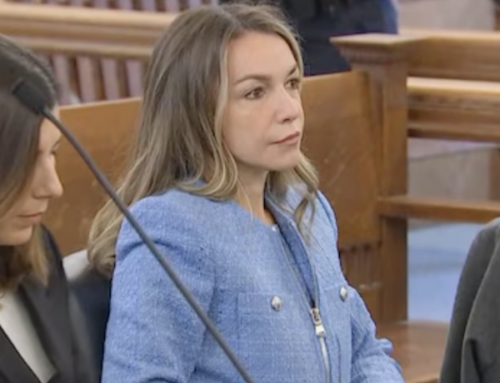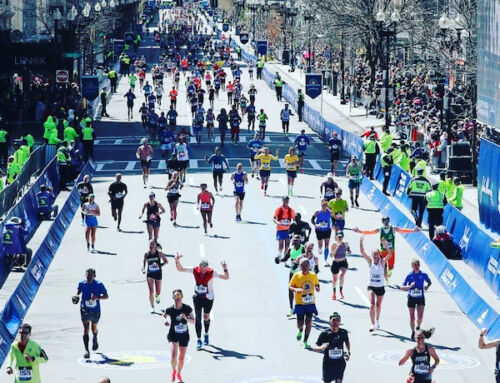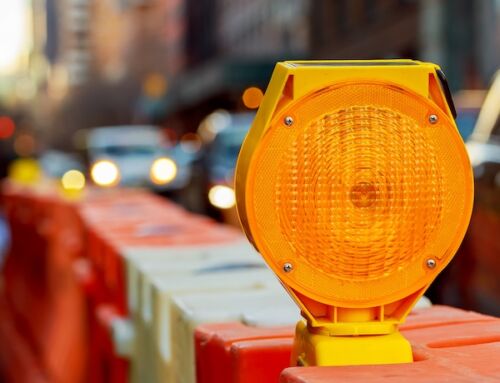Positive improvements to how we get around the city!
Mayor Marty Walsh announced on Wednesday that the City of Boston will adopt Vision Zero – a new action plan for a comprehensive and coordinated strategy to eliminate traffic fatalities and injuries in the city. Other cities with similar strategies include New York, San Francisco, and Chicago. A new task force has been convened an includes members of the city’s transportation department, the Boston police department, the public works department, the health commission and Boston EMS.
Early action items include :
- BPD improvements to its electronic crash reporting system that will lead to better data collection and better crash analysis;
- BPD is hiring a full?time Transportation Safety Data Analyst and a full?time DDACTS Analyst (Data Driven Approaches to Crime and Traffic Safety) to reduce motor vehicle, pedestrian and bicycle collisions. Evidence in other cities suggests that this will also reduce crime.
- BPD and EMS will use crash data to identify pedestrian crash hot spots and high crash corridors with the help of researchers from BPHC and the Tufts Medical Center Division of Trauma and Acute Care Surgery.
- BTD and PWD will pilot test rapid?response improvements at pedestrian crash hot spots and along high crash corridors, as well as “residential slow zones”
- BPHC will assist with education and outreach to educate residents on safe road behavior.
Commonwealth Avenue Multi-Modal Redesign
A new Commonwealth Avenue Phase 2A Redesign Plan was unveiled which will transform the portion of this busy thoroughfare that extends between the BU Bridge to Packard’s Corner. There will be physically protected bike lanes on both the inbound and outbound sides of the avenue as well as offer T riders ADA compliant crossings at all intersections along the project route. It will also create a framework for the construction of wider platforms that will be safer and more efficient for trolley riders. The new design will benefit both motor vehicle drivers and pedestrians with” numerous enhanced amenities.”
There will be a “Protected Intersection” approach to make Commonwealth Avenue one of the most progressive multi-modal corridors in the country, and the first time that this design component will be used on Boston’s public streets. This means there will be a sizeable separation between bikes and cars at intersections to reduce “right hooks,” which is a common cause of bicycle/motor vehicle crashes where motor vehicle drivers turning right crash with cyclists continuing straight. The formulation of the new design was a collaborative process between Boston’s bicycle advocates, pedestrian groups, the Boston University community, as well as others with an interest in Commonwealth Avenue.
Commonwealth Avenue in the project area will also receive new street lighting, landscaping, repaving and new street furniture. Construction is expected to begin in the spring of 2016 with a completion date of late fall of 2017.
Intelligent Parking Meters
The Boston Transportation Department will be making parking at the curb smarter and easier for people who park at the 8,000 metered spaces across the city. With the addition of new intelligent multi-space and single space parking meters, drivers can pay through mobile phone, a credit card, or pocket change. This next generation of meters will also provide real-time data to the City to help BTD better manage the space at the curb.
Multi-space meters will be deployed in new locations in the Back Bay and in the Innovation District to improve city operations. A typical multi-space meter allows for more vehicles to fit on a blockface than a block demarcated with single space meters. In addition to the approximately 145 new multi-space meters that will replace some single space meters, current multi-space meters throughout the Back Bay and parts of Downtown will be upgraded, reducing annual maintenance costs for the aging equipment.
The remaining single space parking meters will be replaced with smart single space parking meters that can also be paid for with a mobile phone, credit card, or pocket change. A current pilot of credit card enabled single space meters in the Back Bay and around the Public Garden has shown positive results since deployment. This next generation of meters will provide the potential for collecting occupancy and turnover rate of vehicles, critical data that gives the City insight on how to better manage the curb space around Boston.
Street Sweeping Pilot
Mayor Walsh will file a City Council ordinance to pilot a new street sweeping initiative in one of Boston’s neighborhoods. The ordinance, which is being drafted now, will propose eliminating towing for street sweeping, and increase the fine for not moving a vehicle from $40 to $90. The city plans to use the pilot to determine whether this initiative should be extended to other neighborhoods. We hope it’s Southie! No word yet which neighborhood will kick off the pilot program or when it will begin. We shall see!
All positive improvements to Boston! Way to go Mayor Walsh!




